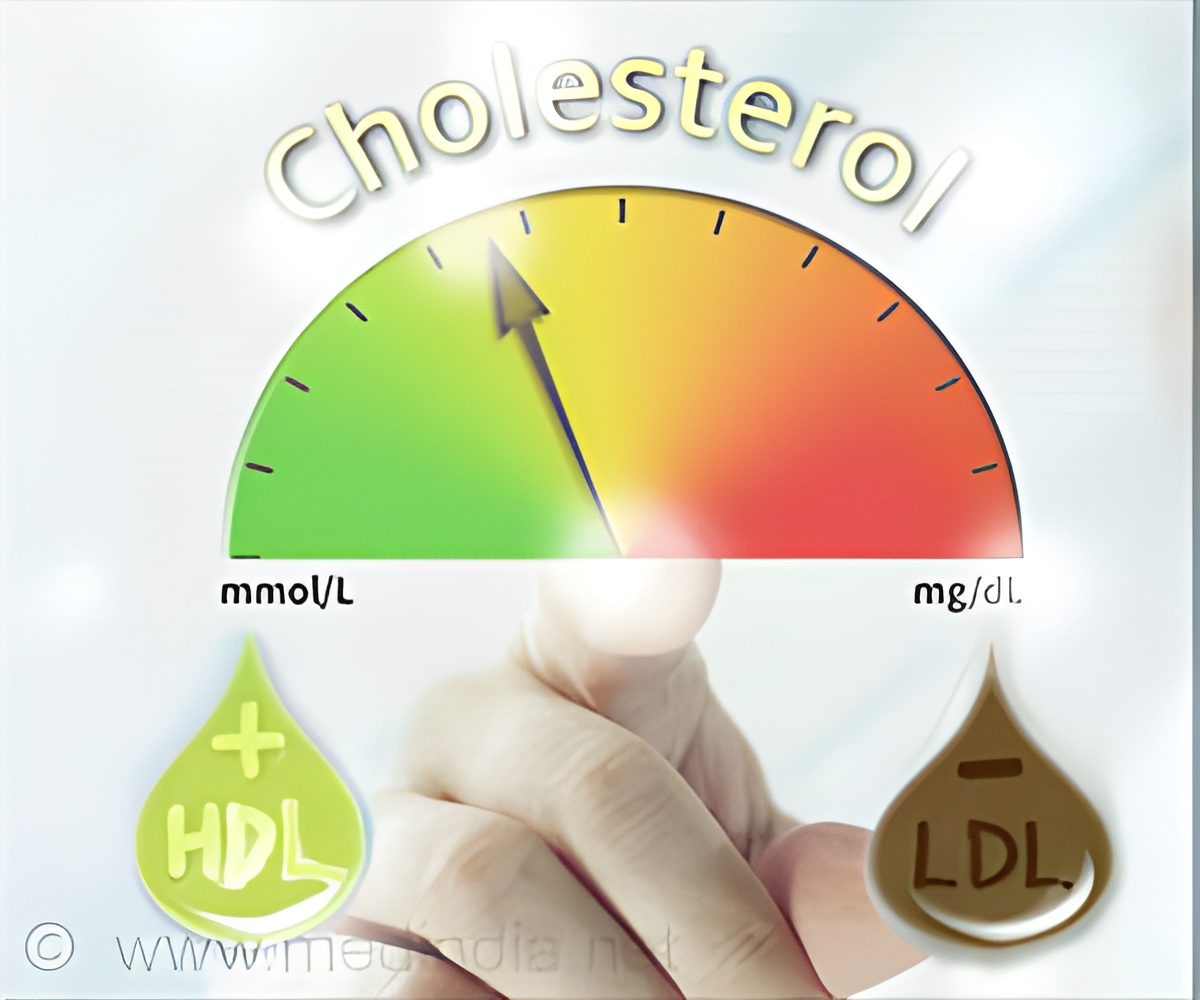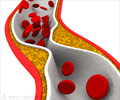Haphazard cholesterol checks put Australians at risk of heart disease. Cholesterol tests are being administered in a haphazard manner - with some patients being tested too frequently and others not enough.

- 49 percent of patients on medications to lower their cholesterol did not have the recommended annual HDL-C test in a given year.
- 19 percent of the same population received more HDL-C tests than were necessary.
- The yearly expenditure associated with test overutilization was approximately A$4.3 million, while the cost averted because of test underutilization was approximately A$11.3 million per year.
‘This research claims that some Australians are taking cholesterol tests too frequently while others are not taking the test regular enough. This irregularity in the taking of cholesterol tests across the population may increase unnecessary expenditure for some while hiding many at risk of heart disease.’





Dr Evan Atlantis, from the School of Nursing and Midwifery at Western Sydney University, says the results suggest that one-fifth of patients are receiving too many, unnecessary tests - while half are not having their blood cholesterol levels sufficiently monitored. "Cholesterol tests are being administered in a haphazard manner - with some patients being tested too frequently and others not enough," says Dr Atlantis.
The BMJ Open paper explores several possible explanations for this finding. One points to a lack in continuity of care and to the fact that often people see multiple practitioners at once.
"If there is no designated 'medical home' for the patient, it is not clear who bears the responsibility for managing cardiovascular risk. In this scenario, it is not surprising that many individuals may miss their annual cholesterol tests," says Dr Atlantis.
"Another contributing factor may be the lack of continuity in medical records. It is entirely possible that practitioners are not aware that some of their patients are on cholesterol medications and therefore do not take the recommended action in ordering tests.
Advertisement
Dr Atlantis - together with co-researcher Dr Katy Bell from the University of Sydney - suggests that medical practitioners' widespread non-adherence may be evidence that the guidelines warrant review.
Advertisement
The study also identified the Federal Health Budget implications of the underutilization of cholesterol tests.
During the study period, the yearly expenditure associated with test overutilization was approximately A$4.3 million, while the cost averted because of test underutilization was approximately A$11.3 million per year.
"While cost-saving, the long-term health consequences of under-utilizing HDL-C test are unknown and any increase in heart disease in Australia would result in a financial burden that cannot be ignored," says Dr Atlantis.
Farshid Hajati - who developed the methodology to conduct the study and analyzed the data - pointed out that there is great potential for data of this type to benefit the public. "The next step is to quantify the consequences of not receiving the recommended level of cholesterol testing, to strengthen the current recommendations on testing frequency."
Source-Eurekalert















